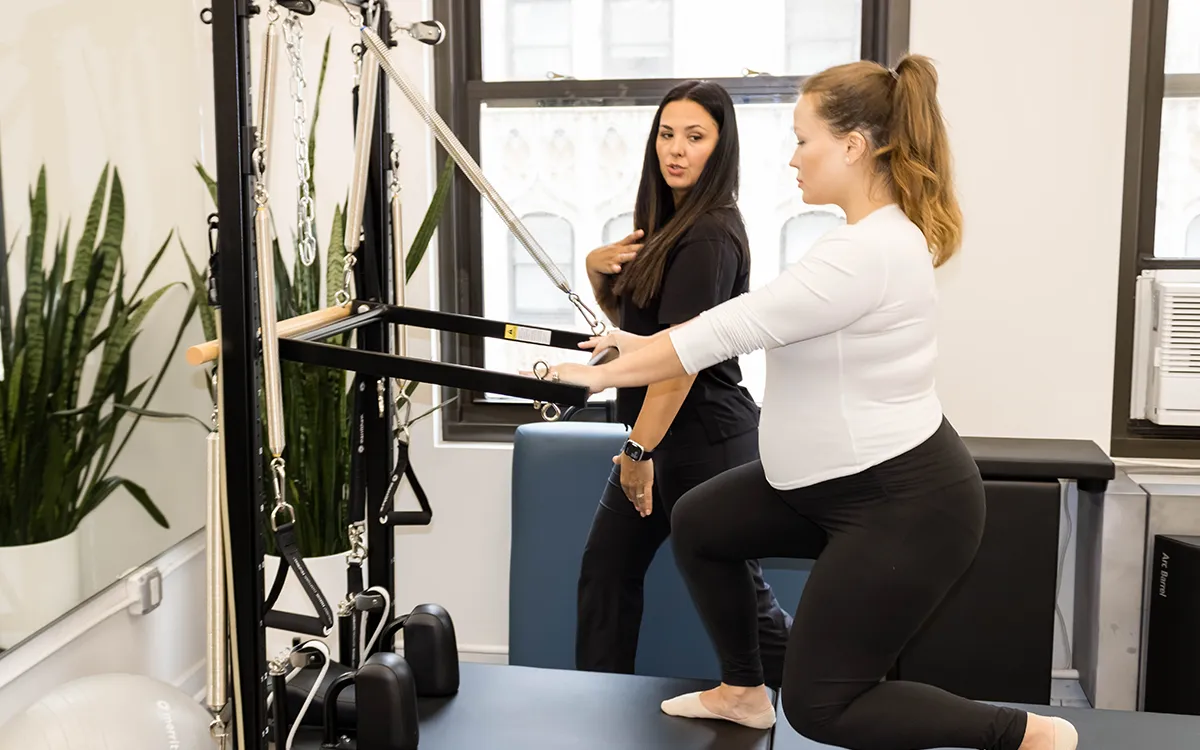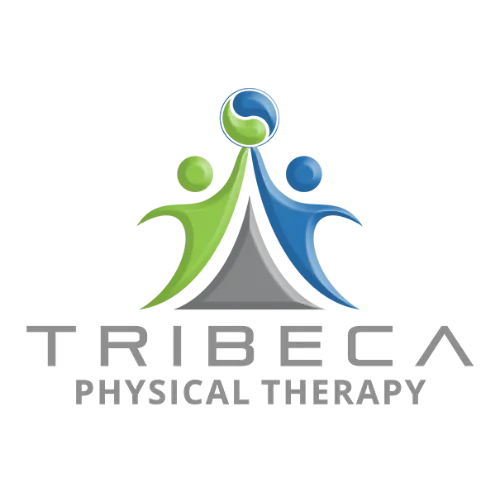Clinical Pilates In Tribeca

What is Clinical Pilates in Tribeca?
Clinical Pilates is a specialized form of physical exercise that is performed on a one-on-one basis with a doctor of physical therapy. It is a personalized and tailored approach to rehabilitation and fitness, focusing on addressing specific conditions and individualized plans of care.
The foundation of Clinical Pilates lies in the Pilates Method, which was developed by Joseph Pilates in the early 20th century in Germany. This method emphasizes the improvement of posture, core stability, balance, control, strength, flexibility, and breathing.
In the context of clinical practice, Clinical Pilates is often used in conjunction with physical therapy to treat a variety of injuries, particularly those affecting the neck and back. Extensive research has demonstrated strong evidence supporting the use of therapeutic exercise, including Clinical Pilates, in the management of injuries, especially low back pain. Recent studies have highlighted the importance of retraining the deep stabilizing muscles in patients with low back pain, which is a key focus of Clinical Pilates.
What are the advantages of Clinical Pilates?
One of the main advantages of Clinical Pilates over generic Pilates classes is its individualized approach. Each exercise is carefully selected to suit the patient’s specific injury, ensuring optimal gains while minimizing the risk of aggravating the condition. Before starting a Clinical Pilates program, it is crucial to have a review with a doctor of physical therapy who can assess the suitability of a core stability program for the patient.
There are six fundamental Pilates principles that are applied to all exercises in Clinical Pilates to ensure maximum benefit:
- Concentration: Focus on performing each exercise correctly and engaging the specific muscles involved.
- Centering: Achieve a neutral spine and activate the core stabilizing muscles, such as the pelvic floor and transversus abdominis, to support the lower back and pelvis.
- Control: Maintain optimal posture and control throughout all movements.
- Flowing Movement: Perform exercises smoothly and efficiently, emphasizing fluidity.
- Precision: Pay attention to detail and execute each Pilates exercise with correct technique.
- Breathing: Maintain relaxed, normal breathing throughout the exercises and avoid holding your breath.
What are the benefits of Clinical Pilates in Tribeca?
- Improved posture and core stability: Strengthening the core muscles and improving alignment can enhance posture and stability.
- Increased muscular strength and flexibility: Clinical Pilates exercises target specific muscle groups, leading to increased strength and flexibility.
- Prevention of injuries: By improving core stability and body mechanics, Clinical Pilates can help reduce the risk of future injuries.
- Aiding rehabilitation: Clinical Pilates is an effective tool for rehabilitation after injuries or surgeries, facilitating the restoration of normal movement patterns.
- Enhanced breathing control: Proper breathing techniques are incorporated into Clinical Pilates exercises, promoting better respiratory function.
- Increased coordination and muscular control: The focus on precision and control in Clinical Pilates helps improve coordination and muscular control.
- Firmer and flatter stomach muscles: Clinical Pilates targets the deep abdominal muscles, leading to a firmer and flatter stomach.
- Improved overall body tone and fitness: Regular practice of Clinical Pilates can result in improved body tone and overall fitness.
- Improved balance: The emphasis on core stability and control in Clinical Pilates contributes to better balance and body awareness.
In summary, Clinical Pilates offers a comprehensive approach to rehabilitation and fitness, addressing specific injuries and individual needs. With its focus on core stability, posture, strength, flexibility, and breathing, it can provide numerous benefits for patients looking to improve their physical well-being.


